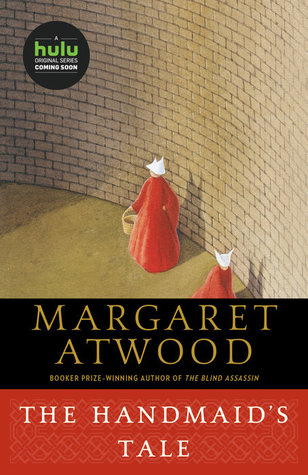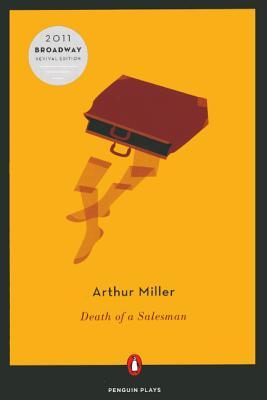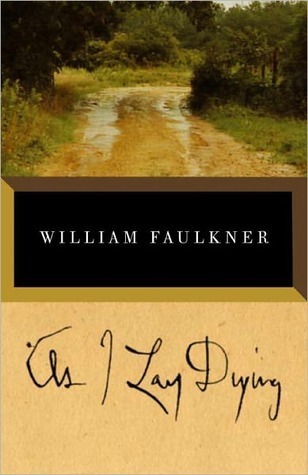Title: The Art of War
Author: Sun Tzu
# of Pages: 90 (hardback)
Genre: Classics, Non-fiction
Rating: ★★☆☆☆
Synopsis: Sun Tzu's insights are still relevant today, and his advice can be applied to a wide range of situations, from business negotiations to political campaigns. If you are looking for a book to help you succeed in any competitive position, then The Art of War is a must-read. It is a timeless classic that has something to offer everyone.
Review: This book might be short, but it's far from sweet.
I either going to give this book 2 stars or 3. 3 stars because I know it's a very old historical text (500 B.C.) that has ALSO been translated - so it's not fair to hold it to the same standards as a fictional modern text that I read for fun. 2 stars because, in short, I didn't learn much and didn't enjoy the read.
Although it was only 5 pages, the introduction was long winded and almost made me put the book back on the shelf forever. It details some of the history of Sun Tzu and other military greats that I quickly forgot about (not particularly interesting to me). I picked up this book to hear some ancient advice about facing opponents and leading an army (cough, team, cough), not to hear a dry history lesson.
Sun Tzu might have some strong points (that I'm sure were much more original back then than they are now), but he chooses to say them in way more words than necessary. The points that are most applicable to a modern audience include:
- Knowledge (e.g. spies) is the most important first step before strategizing and attacking
- Know your opponent/competition
- Know your army (team) and how to establish discipline
- Don't spread you and your resources too thin. Focusing your strategy will yield better results than trying protect everything.
None of these points are particularly enlightening. Sun Tzu also provides some advice that seems harder to generalized, such as his repetitious chapters on different types of terrain and how to position your army on it.
If someone tells you to read this for the sake of leadership advice, don't bother.
































